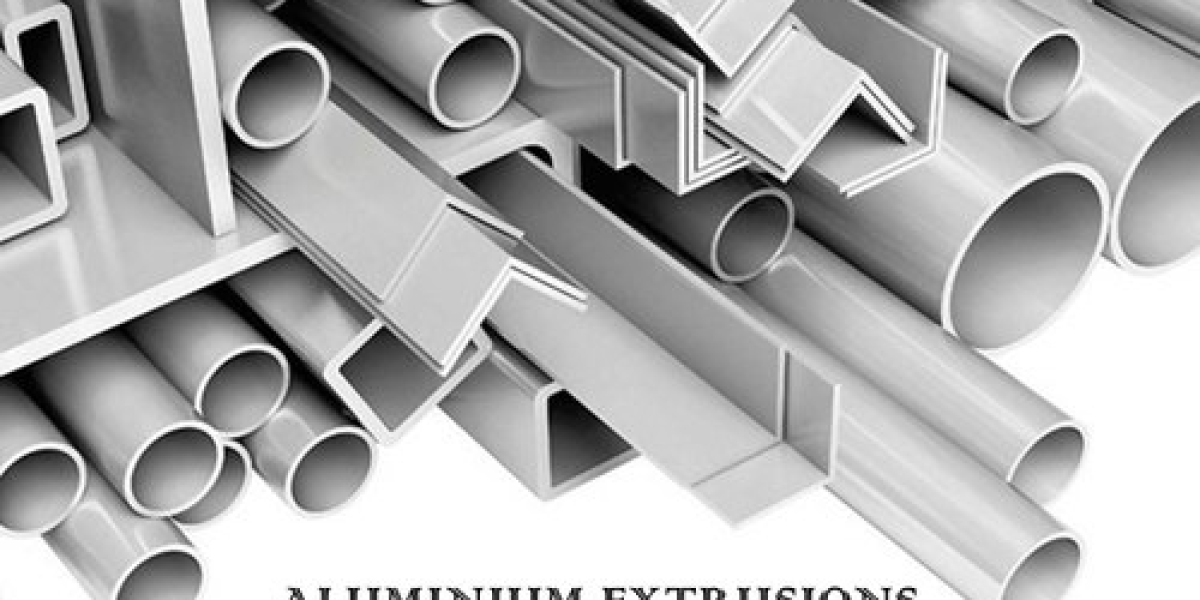Aluminum metal, with its remarkable properties and wide-ranging applications, plays a pivotal role in various industries worldwide. In this article, we explore the diverse uses, advantages, and significance of aluminum metal in modern society.
1. Properties of Aluminum:
Aluminum is a lightweight, non-corrosive metal with excellent conductivity, ductility, and malleability. Its low density, coupled with high strength-to-weight ratio, makes it an ideal choice for numerous structural and functional applications.
2. Applications in Transportation:
Aluminum is extensively used in the transportation sector, including automotive, aerospace, and marine industries. It is employed in the manufacturing of vehicle bodies, aircraft components, and marine vessels due to its lightweight nature, corrosion resistance, and durability.
3. Construction and Architecture:
In the construction industry, aluminum is utilized for structural framing, window frames, roofing panels, and façade cladding. Its strength, flexibility, and ability to withstand harsh environmental conditions make it a preferred material for modern architectural designs.
4. Packaging and Consumer Goods:
Aluminum is widely used in packaging materials such as beverage cans, food containers, and foil wraps. Its impermeability to light, moisture, and oxygen, coupled with recyclability and sustainability, make it an ideal choice for preserving and protecting consumer goods.
5. Electrical and Electronics:
Aluminum is employed in electrical transmission lines, conductors, and electronic components due to its excellent conductivity and thermal properties. It enables efficient energy transmission and heat dissipation in electrical systems and electronic devices.
6. Industrial and Manufacturing:
Aluminum finds applications in various industrial sectors for manufacturing machinery, equipment, and tools. Its machinability, corrosion resistance, and recyclability contribute to cost-effective and sustainable manufacturing processes.
7. Renewable Energy:
Aluminum is utilized in renewable energy systems such as solar panels and wind turbines. Its lightweight nature and ability to withstand environmental exposure make it an ideal material for constructing renewable energy infrastructure.
8. Environmental Sustainability:
Aluminum is inherently sustainable and eco-friendly, as it is 100% recyclable without losing its properties. Recycling aluminum requires significantly less energy compared to primary production, making it a key contributor to reducing carbon emissions and conserving natural resources.
Conclusion:
Aluminum metal stands as a versatile and indispensable material in modern society, with applications spanning across numerous industries and sectors. From transportation and construction to packaging, electronics, and renewable energy, aluminum continues to revolutionize manufacturing, infrastructure development, and sustainability efforts worldwide. As technological advancements and innovation drive the demand for lightweight, durable, and sustainable materials, aluminum remains at the forefront of materials engineering, shaping the future of industrial and societal progress.









